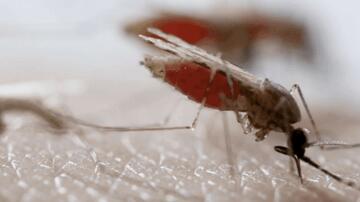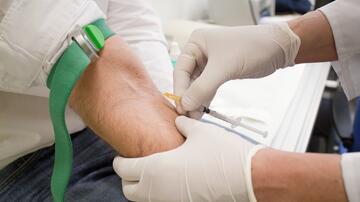Prevention
Despite intensive efforts, there are no reliable malaria vaccines available to date. At the University Hospital Tübingen, DZIF researchers test and optimize new vaccination procedures.
Despite intensive efforts, no reliable vaccine against malaria exists to date. DZIF researchers from Tübingen have now developed two approaches aimed at developing effective vaccine protection against malaria. Both methods use pharmaceutically manufactured live Plasmodium falciparum malaria pathogens that are at an infectious stage for humans. These plasmodia are attenuated, either by means of radiation or with drugs following their injection. These trials, conducted on volunteers in Tübingen, have shown that both approaches are practical, safe and well tolerated. Besides this, a new agent for malaria prophylaxis has been tested on humans and could play a major role in the prevention of malaria in future.
On a quest for the best vaccination strategies and prophylactic drugs
The results of these proof-of-concept trials in Tübingen are to be confirmed in Africa in a clinical phase II trial on African school children aged between one and twelve years. The aim of these trials is to achieve clinical approval. In another larger project, healthy adults with natural acquired immunity against malaria will repeatedly be infected with malaria under controlled conditions in order to identify new vaccine candidates. These controlled infections are made possible thanks to a standardised technique that was developed in Tübingen.



